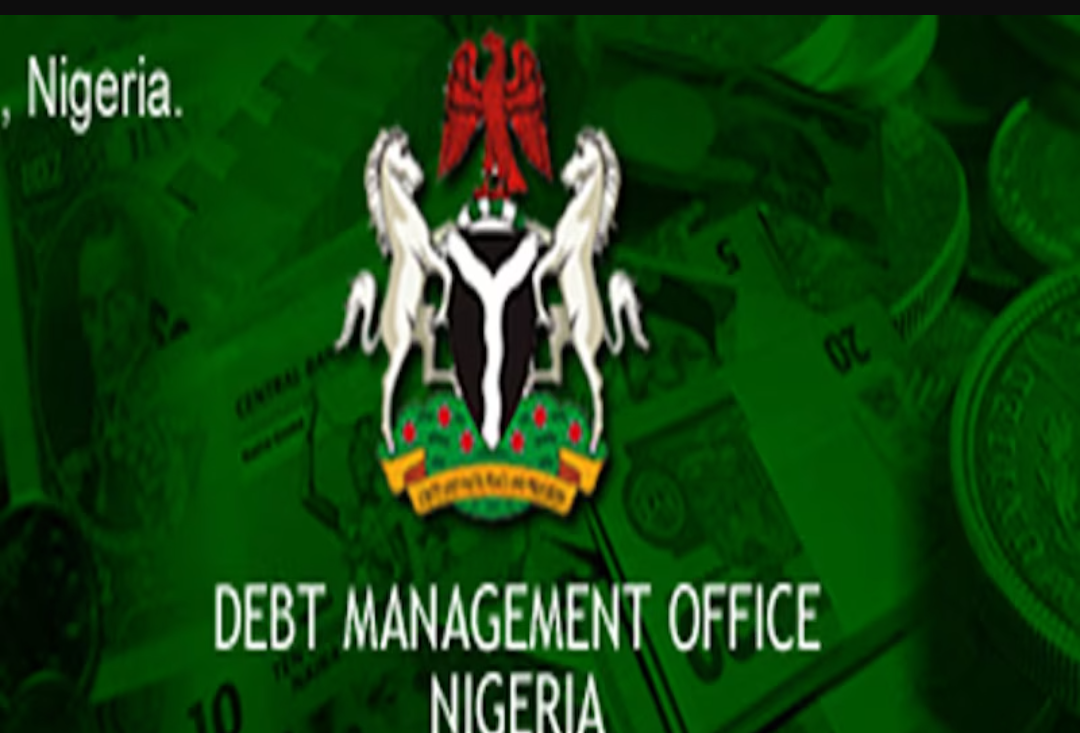According to the Debt Management Office, domestic debt increased Nigeria’s overall public debt stock from N41.60 trillion as of March 2022 to N42.84 trillion as of June of that same year, representing a rise of N1.24 trillion in three months.
Nigeria is ranked 195 in the World Bank survey report of around 197 nations, indicating that we only outperformed Yemen and Afghanistan, and I don’t think we want to be like those places.
The debt stock of the federal, state, and Federal Capital Territory was N32.92 trillion as of December 2020, according to Mrs. Patience Oniha, Director-General of the Debt Management Office (DMO). The amount was N39.556 trillion by December 2021. We disclosed quarterly figures as of March this year, which came to N41.6 trillion. The federal government is responsible for around 85% of the entire debt. Borrowing would continue until the concerns of people, overhead, and capital spending were appropriately handled in the budget.
“We discuss the N11 trillion deficit and borrowing for 2023; how much revenue is there there?” So that’s one. The amount borrowed for the first tranche, which was N10 trillion for the entire year of subsidies and N9 trillion for the subsidies the next year, was 62 percent of the budget. This is a lot. I believe that both sides are accountable. Check the different expense lines to see what we can manage. So, if the deficit is smaller, borrowing will also be smaller, which is how to develop more slowly.
The nation was in a strong position to continue borrowing. There will always be a need to borrow. No matter how much money we produce, the nation must borrow. The sustainability of the debt we are taking on is something we should be concerned about, and it appears like the nation is doing a decent job of managing its debt.





